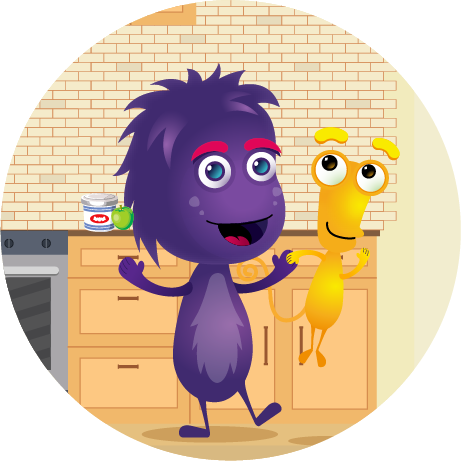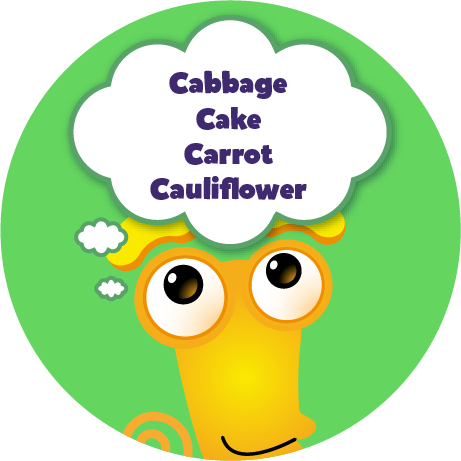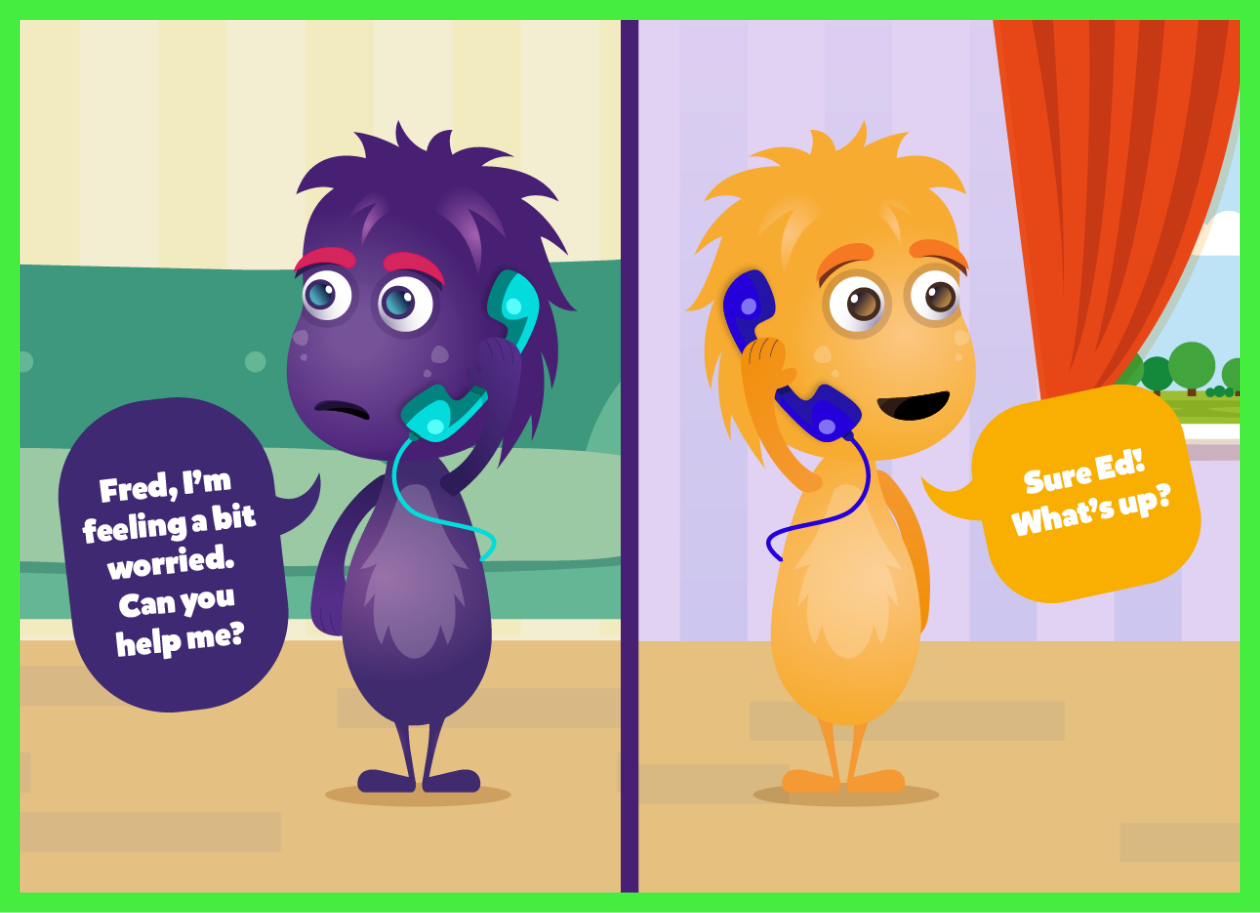What helps when you feel worried
It's very normal to feel different emotions depending on what is happening around us. Sometimes we will feel OK - but sometimes we might feel SAD or ANGRY.



We might also feel worried too.
Let's find out more about worries...

TAP on the cards

Worries are...
Sometimes about the PAST.
Sometimes about the PRESENT (now).
Sometimes about the FUTURE.

Worries can be about lots of different things.
They can be about yourself, your family, your friends and lots more.

Worries are sometimes described as a mixture of feeling sad and feeling scared.
They don’t feel very nice. How would you describe them?

Sometimes we get stuck with worry thoughts going round and round in our head.
If we notice that then it’s a good idea to try and do something about it...

Sometimes worry thoughts just pop up. It can help to imagine them like clouds moving across the sky...
Tell yourself just to let them go!
Everyone worries from time to time
We worry about all sorts of diffent things. It can help to talk about our worries with someone else and think of things that can help.
Let's have a look at Chloe's story...

What can Chloe do about her worries?

So Chloe was worrying about a situation she could actually do something about.
But sometimes we worry about things we can't do much about.
We might worry about things we don't really understand, things we've seen on the news, or things we've heard other people talking about.
It doesn't really work just to tell ourselves to 'stop worrying'...
Sometimes we have to DO something a bit more than that to feel better...
Here are some top tips.
Tip 1
Do something
If you're worrying about things - just DOING SOMETHING can really help. It moves your attention onto something else other than your worries.
You could play a game, dance in the kitchen, paint a picture, or help cook something.



Sometimes we might feel like we don't have enough energy or can't be bothered. Doing something might feel like too much effort... But even if you don't feel like it - just give it a go - it can really help you feel better!

It can help to have a list of things you enjoy doing - and make sure you include some when you PLAN YOUR DAY!
Tip 2
Concentrate on something else
Our brains find it hard to think of two things at once, so concentrating on something a bit tricky can help move your attention away from your worries. It can also help if you are finding it hard to sleep.
Here are a few things you could try...

In your head, try and list all the football teams in the Premier League!

Or a list of foods beginning with the same letter!

Or maybe try saying the alphabet backwards in your head!

Have a think of other ways you can make your brain concentrate on something else for a while - it could be a maths puzzle... or listing all animals beginning with the same letter. Try different things and find out what works best for you.
Tip 3
Notice things around you
One way to give our brains a little break from worries is to tune into our senses.
Concentrate on the image below, and in your head pick out all the different shades of green you can see...

You can do this wherever you are - have a look around you and try to notice all the different colours you can see. Or try and listen to all the different noises you can hear.
Let’s have a look at other different ways we can pay close attention to our environment and give our busy brains a little holiday.
TAP on the cards to find out more...
NOTICING WALK

Go on a NOTICING WALK.
Outside if you can. Or inside.
Try and notice the things you haven’t noticed before.
What can you hear, see or smell?
You will notice a lot more when you focus your attention!
SLOW MOTION SNACK

Slow down by having a snack in ‘SLOW MOTION’. It can be a piece of fruit, chocolate or anything you enjoy. Remember to close your eyes and really focus on the taste, smell and texture.
FINDING SHAPES

Find shapes in the sky. Get yourself comfy and look up at the clouds.
What can you see?

And remember - sometimes when we notice worry thoughts we can tell ourselves just to LET IT GO
It can also help to take some nice deep breaths - in through your nose and out through your mouth.
And remember that talking to someone can also help.

Scroll Down